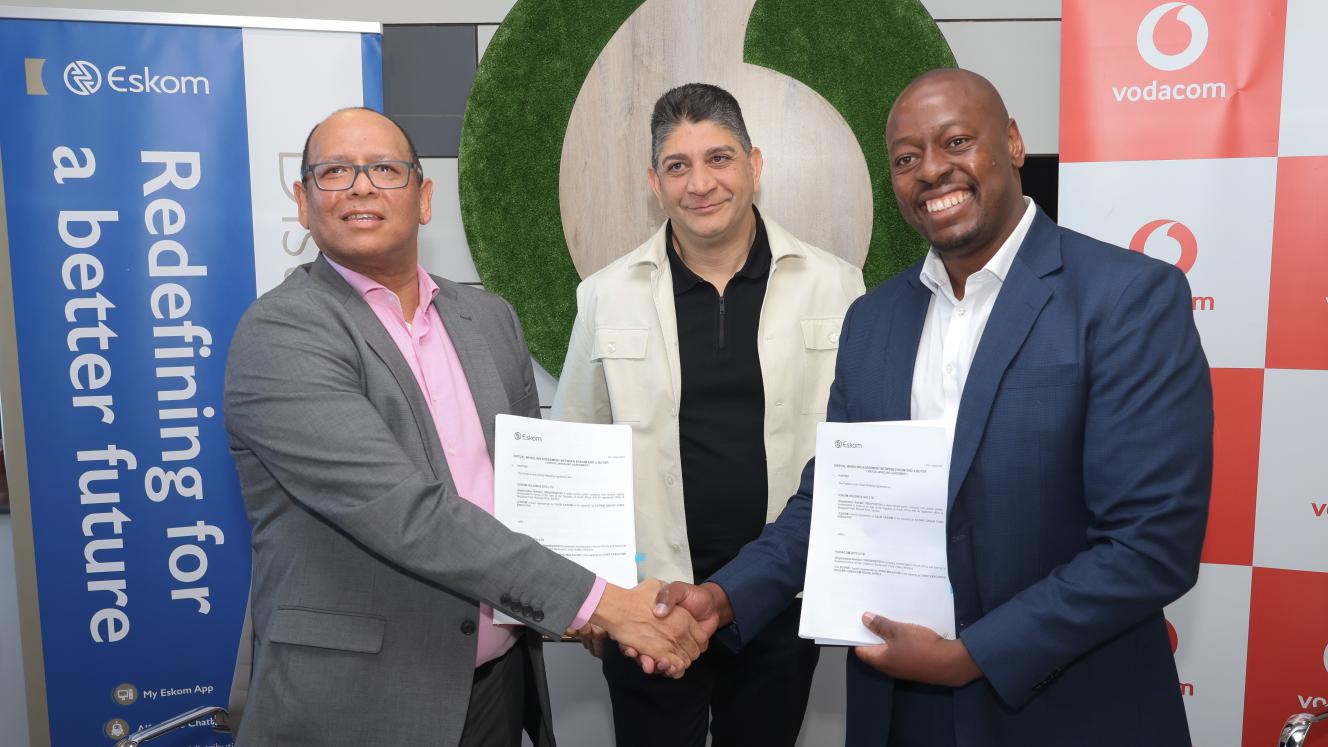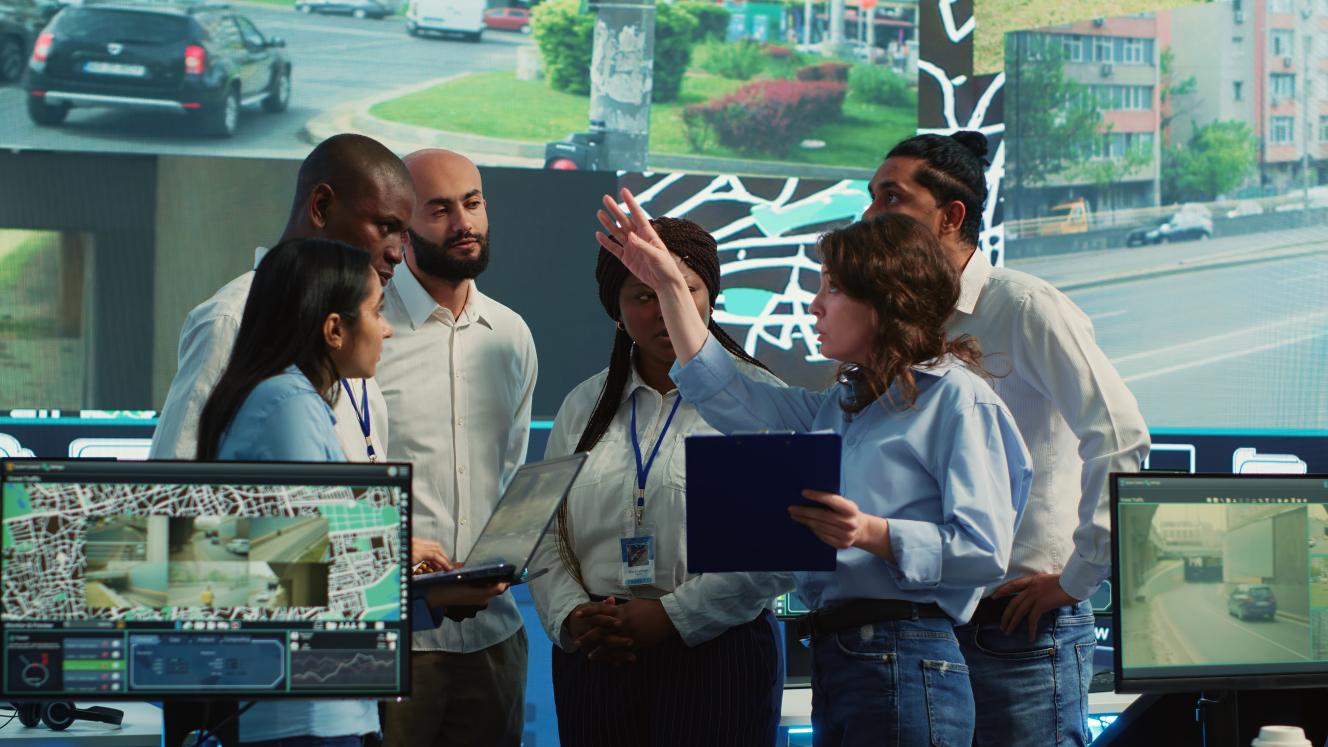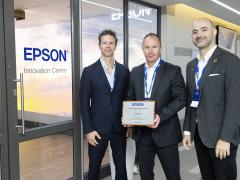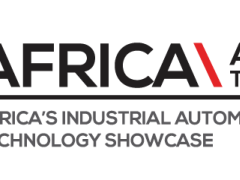In a first of its kind in South Africa, Vodacom signed a Virtual Wheeling agreement with Eskom that will help accelerate efforts to solve the country’s energy crisis. In addition to adding capacity to the nation’s power grid, this agreement - a Vodacom innovation which has been co-developed with Eskom - will also play a significant role in moving Vodacom closer to its goal of sourcing 100% of its electricity demand from renewable energy sources by 2025.
Traditional wheeling typically involves a one-to-one relationship between an IPP and a buyer using the national grid to convey their energy. While the concept of traditional wheeling is fairly common practice globally, it has certain limitations for companies with complex operating environments. For example, Vodacom South Africa’s operating situation is unique due to the complexities associated with having over 15 000 distributed low-voltage sites across the country that are linked to 168 municipalities. Up until this point, this complexity has prevented Vodacom from accessing large scale renewable energy from IPPs. The virtual wheeling solution addresses these challenges.
This agreement will enable Vodacom to execute the next phase of this innovative solution - securing Independent Power Producers (IPPs) under the same terms and conditions which underpin its agreement with Eskom.
Vodacom Group CEO, Shameel Joosub said, “Vodacom’s partnership with Eskom is transformational in that our virtual wheeling solution will enable South Africa’s private sector to participate in resolving the energy crisis which continues to impact the country’s economy. It also provides a blueprint for other South African corporates to adopt, as we pool our collective resources with the common objective of bringing an end to load shedding. The virtual wheeling solution has the potential to be fast-tracked, depending on the available licensed capacity of IPPs.”
The energy crisis in South Africa has been devastating for many businesses. Vodacom South Africa spent more than R4 billion on backup power solutions and R300 million in the past financial year alone on operational costs such as diesel for generators. Not only is this a massive financial burden, it also poses a significant challenge for the company to achieve its broader environmental ambitions.
“Converting our existing fossil-fuel based electricity supplies directly with on-site renewables is limited by technical constraints that are difficult to scale. We explored a traditional wheeling option, but this had numerous limitations, which we believed could be overcome by reimagining the problem and using technology to solve the issue,” said Joosub.
“Vodacom had four objectives when we approached Eskom with this solution: one to remove complexity, two to use technology to solve legacy limitations, three to access renewable energy with a sound business case and lastly, encouraging private participation to help solve the energy crisis,” added Joosub.
After a successful pilot phase, which concluded last year, and following rigorous testing, the newly co-developed solution is now accessible to the public and private sector on a larger scale. With the agreement now signed, Vodacom will be able to add more capacity to the grid without impacting Eskom’s balance sheet while helping to reduce its greenhouse gas emissions. Furthermore, the blueprint provides an easy-to-follow roadmap for others in the private sector, effectively involving those who want to benefit from cost saving in the process of stabilising South Africa’s grid and reducing our overall emissions.
“Think of it like purchasing renewable energy certificates,” says Sitho Mdlalose, CEO of Vodacom South Africa. “But most importantly, it also has the added benefit of positively impacting the supply deficit currently being experienced and nurturing the growth of renewable energy production in South Africa. We estimate that this initial phase will move approximately 30% of Vodacom SA’s power demand onto renewable sources, a significant step towards our 2025 renewable energy ambitions. To make up the difference, we are working hard at exploring and developing additional solutions, adds Mdlalose”
The future of virtual wheeling is looking bright, with a number of parties from across industries already showing commercial interest in the solution enabled by Vodacom subsidiary, Mezzanine.














